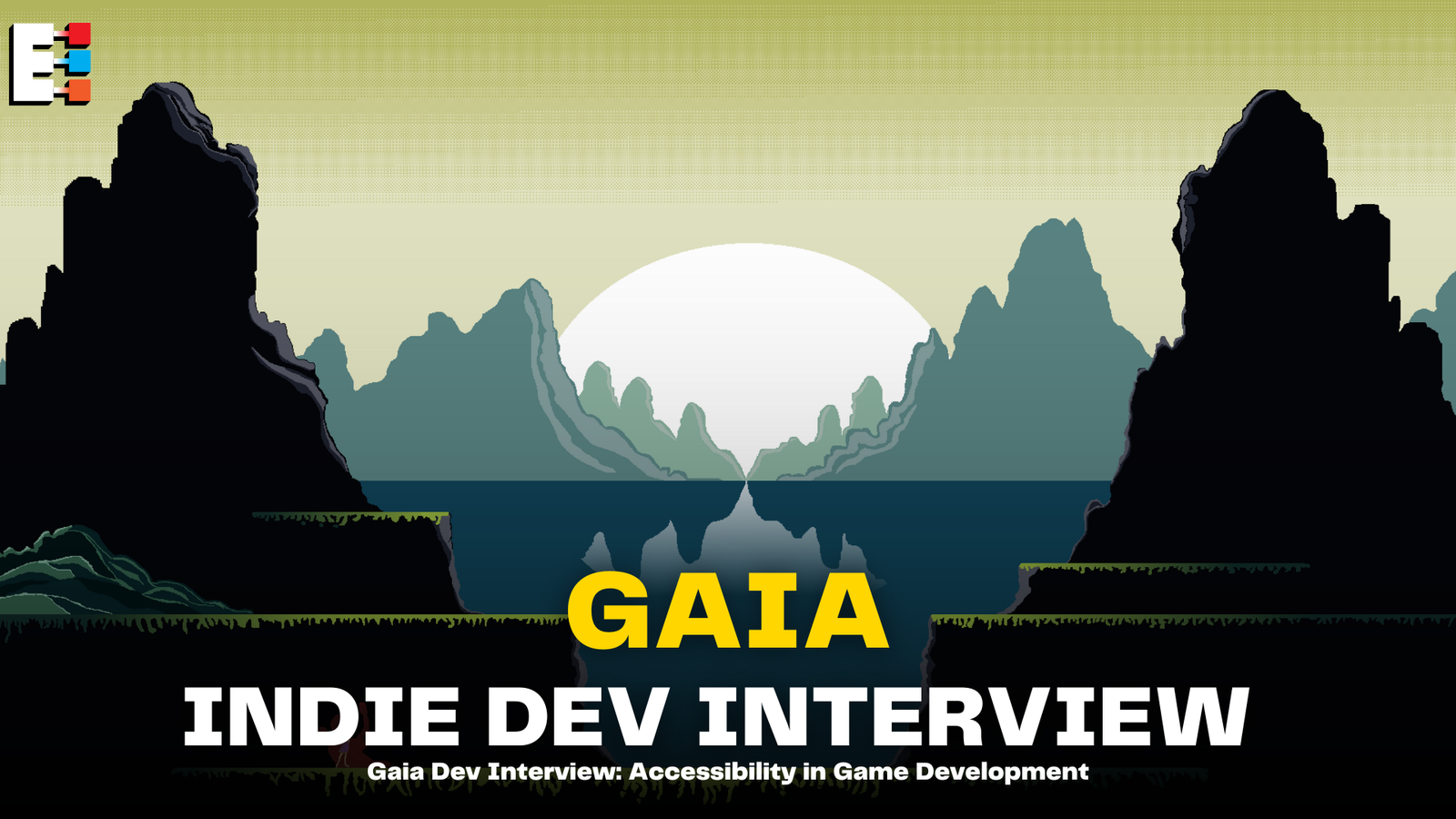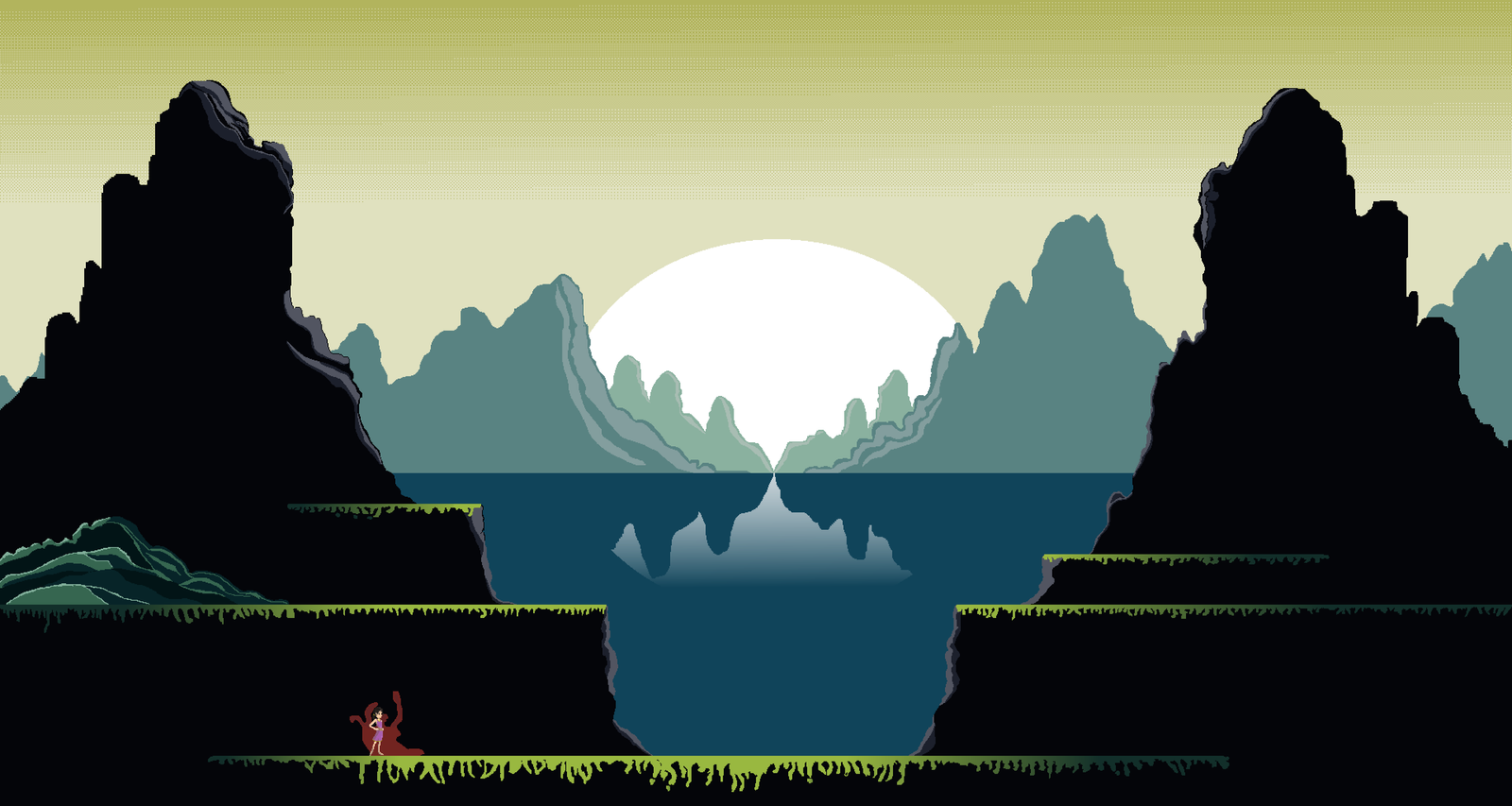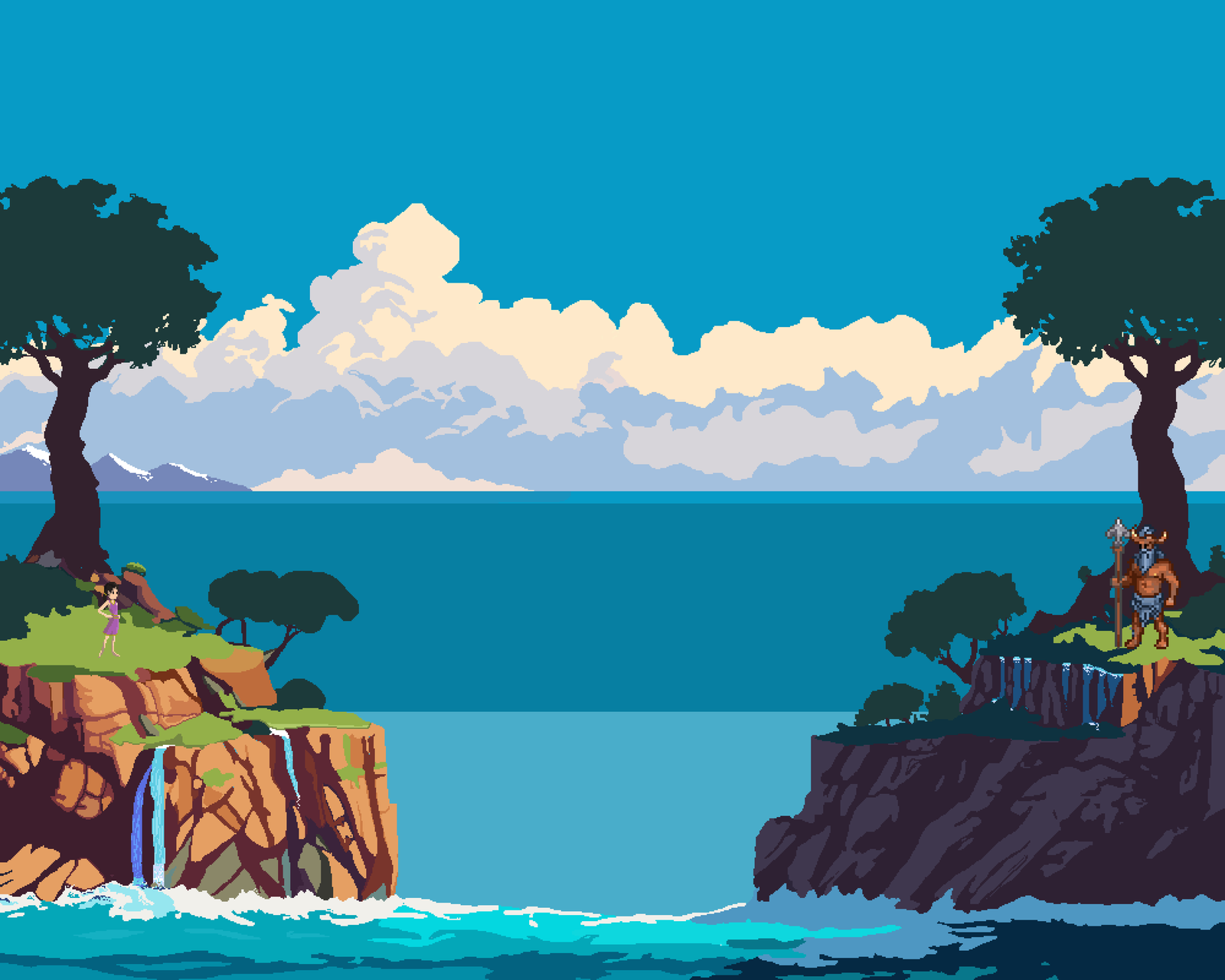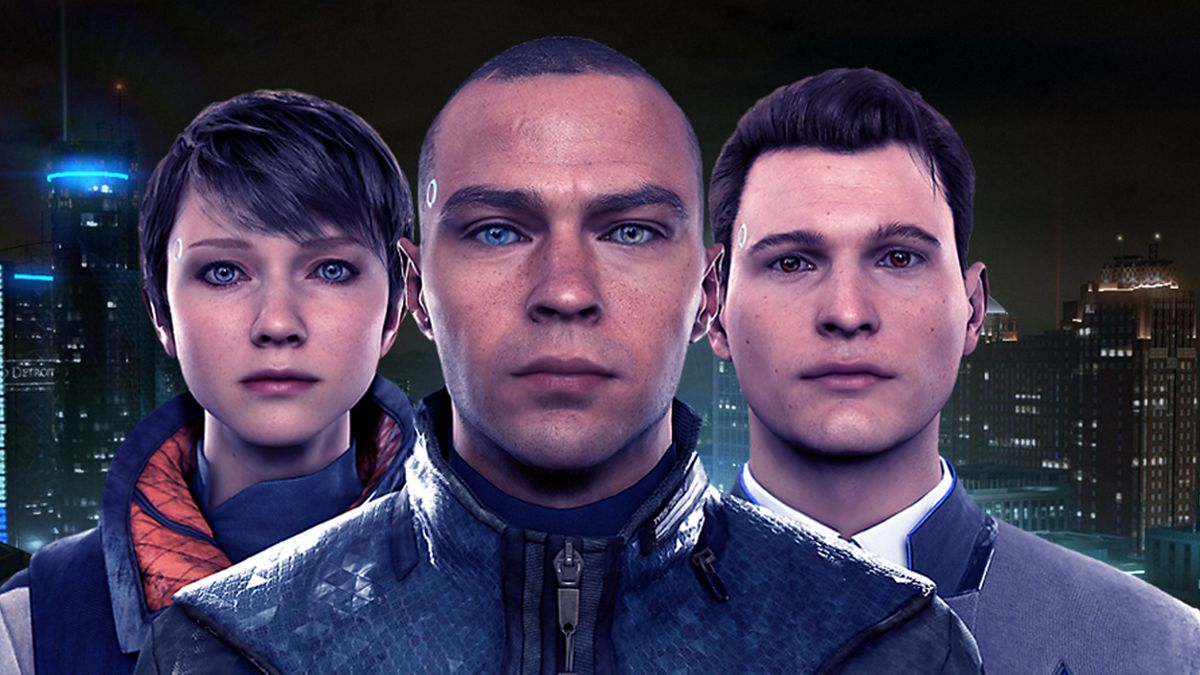Gaia Dev Interview: Accessibility in Game Development

In this interview, Max, an Indie game developer, opens up about his personal journey to create “Gaia,” a game inspired by his daughter and Greek mythology. Max shares his motivations, the challenges of developing a fully accessible game, and his aspirations for its impact on the gaming community. He discusses the importance of inclusivity in game development and the technical and design hurdles he’s overcome to ensure that “Gaia” can be enjoyed by players with visual, auditory, and physical impairments.
Tell us about yourself and your team

Hi, my name is Max, and I am currently working solo. I am a 48-year-old Dutch nutcase who decided it would be fun to try and create a game that is about my daughter. In my daily life, I work as an Azure Consultant but have always been a Senior .NET Developer. I was missing the code, so there ya go.
How did you get into game development, and how long have you been making games?
I got into game development after I started missing the code and decided I wanted to have something close to the knowledge I already had. Unity works with C #, a language I know quite well. It wasn’t a hard choice to go for this. I have always loved media like movies and games. In fact, I also make movies occasionally, and games seemed like a fun way to keep my C # coding skills alive while working on something I love.
Is Gaia your first game, or have you worked on other games in the past
Gaia is not my first game, but before that, I made smaller Game Jam games, so nothing was to this extreme scope that I have put on my shoulders with Gaia. I even came in 5th place once with one of the game jams, but the fact that I had to make those in so little time didn’t help with my busy schedule, so more often than not, I found myself lacking the time for them, as they are usually pretty timeboxed.
Tell us about Gaia. How did you come up with the idea, and for how long have you been working on it
Simply put, my daughter (Gaia) changed my entire life. My perspective on it, my view of the world, and how I go through my day-to-day life. When she was born, there were some problems with her blood because hers fought the blood type of my wife. She ended up in the emergency room, where she spent many days under a blue light to cure her. Naturally, the bond with her tightened, and it seemed natural that I would make my game about that little girl. She’s an awesome little thing with a unique worldview that I adore. Also, I chose her name because I am really into Greek Mythology. Put one and two together, and you get a game called Gaia about her and Greek Mythology. Oh, and I added a part about pollution there to stay relevant to what’s happening in the world today.
What are your plans for “Gaia” after its initial release? Do you envision updates or expansions to enhance its accessibility or add new features? What specific features are you implementing to cater to players with visual, auditory, and physical impairments?

That is quite a big question. First, I plan to release Gaia (for now) entirely as a complete game. In addition, it should be limited to bug fixes and those kinds of things. I am not big on the entire idea of DLCs, but I might have to scope down for the initial release if I need help finding funds to speed up the development.
As for the features I intend to implement, I am looking at games that already do this well; there is not much, so the study is smaller. For visually impaired players, I intend to have features that make fonts bigger, turn off backgrounds, and, if needed, foregrounds, test all graphics against different types of colourblindness, and many more minor features next to that. For the auditory impairments, I will ensure that all spoken text is subtitled and that other elements are at least with force feedback when working with a controller. For the physically impaired, I suggest giving several options. One of these would be to change your controls. It might sound simple, but many games need to remember to do this, and you may be stuck with controls you can’t possibly use. Also, I suggest making the difficulty dynamic so that the game will identify if you are struggling to complete a specific part. Be it because of being unable to do certain vital combinations or for other reasons. I don’t want to do that before trying first, as I’ve learned players usually like the sense of accomplishment when they finish it as intended. Then again, since my game will be story-driven, and I want everyone to reach the end, it is imperative that everyone can do that. Another thing I want to include is an option for people who suffer from misophonia, which is a condition where you can’t stand certain sounds. I will build an option that will turn off only those sounds that will physically hurt them.
What have been the most significant technical or design challenges you’ve faced in creating a fully accessible game? How have you overcome these obstacles?
Oh man, there are tons of challenges with this. Technically, the challenges are pretty doable, but design-wise, it’s a whole different ballgame. UI is probably the area I hate the most when it comes to game development, and making your UI scalable and such is hard as nails. I have not yet cracked that nut, but I will. If I need to, I will ask for advice from UI experts who actually know what they are doing.
How do you hope “Gaia” will impact the gaming community and society? What message do you want to convey to players about accessibility and inclusivity?

What I genuinely hope Gaia will accomplish is that everyone will at least start to think about accessibility. Ultimately, our goal is to make games that people can play. So why would we only include a small group of people who can do this if we consider their needs? I understand this changes the playing field entirely because considering accessibility as an afterthought will make it almost impossible to implement, whereas making sure you think about it in the design phase will make it feasible. The game engines themselves may start to think about this more, so it will become easier for developers to implement these features.
What inspired you to create a game that is so focused on accessibility?

In the very first place, it was getting in touch with blind gaming journalist Victor Dima. Victor has been a great inspiration and ambassador for accessibility in games. Talking with him has taught me that a massive group of people hunger for more games they can play, and so few developers actually take the time to listen. After hearing his story, my only thought was: “Why would I NOT make my game for everyone to play?” Since trying to do this, I’ve learned a lot, and there is still much to learn. I encourage everyone to look at what you can do; there are more and more resources to help you get this into your game.
Read More:
SAFA Dev Interview: A Pakistani Indie Developer’s Journey into Survival Horror
Detroit: Become Human Has Sold Over 10 Million Copies







I loved as much as you will receive carried out right here The sketch is tasteful your authored subject matter stylish nonetheless you command get got an edginess over that you wish be delivering the following unwell unquestionably come further formerly again as exactly the same nearly very often inside case you shield this hike
Hello i think that i saw you visited my weblog so i came to Return the favore Im trying to find things to improve my web siteI suppose its ok to use some of your ideas
“Absolutely phenomenal work! The way you’ve broken down this complex topic while maintaining depth is impressive. Your expertise and research quality are evident throughout.”